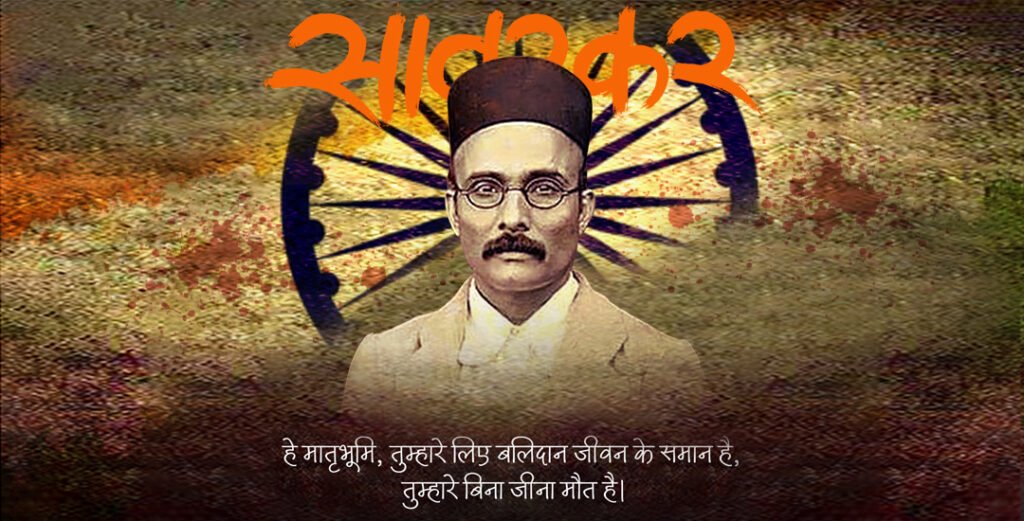Veer Savarkar, also known as Swatantra Veer Savarkar, was a key figure in India’s fight for independence. His real name was Vinayak Damodar Savarkar. He is famous for his revolutionary activities, strong nationalism, and significant ideas, especially about Hindutva. His life story is full of bravery and has significantly impacted India’s history. The title “Veer” was given to him for his bravery and contributions to the freedom struggle.
Early Life and Influences
Vinayak Damodar Savarkar was born on May 28, 1883, in Bhagur, a small village in Maharashtra. From a young age, he was inspired by the freedom fighters of his time and was passionate about India’s independence. He attended Nashik school, where his older brother, Ganesh (Babarao) Savarkar, and nationalist books greatly influenced him. He was brilliant and won a scholarship to study law in London at Gray’s Inn.
Savarkar got involved in politics when he was a student at Fergusson College in Pune. He took part in the fight for Indian freedom there. He was caught in 1909 as part of a plot to take down the British government. He was sent to the Andaman and Nicobar Islands to suffer for the rest of his life in jail. He was locked up there for a few years and was beaten badly, both mentally and physically. He was finally set free in 1924 after being locked up for ten years. In London, Savarkar’s dedication to the freedom movement grew more assertive. He started the Free India Society and was active at India House, a place for revolutionary Indian students. European revolutionaries like Giuseppe Mazzini inspired him, and his ideas about fighting for freedom became clearer.
Role in the Independence Movement
Savarkar’s revolutionary activities were focused on achieving complete independence from British rule. He wrote a book called “The First War of Indian Independence,” which detailed the 1857 revolt, showing it as a unified struggle for freedom. The British banned this book because it was too provocative.
In 1909, Savarkar was involved in the assassination of British official A.M.T. Jackson and was arrested. He was sentenced to life imprisonment and sent to the harsh Cellular Jail in the Andaman and Nicobar Islands. Despite the brutal conditions, he continued to resist by writing poems and essays on the prison walls.
Philosophies and Ideologies
Veer Savarkar is best known for creating the idea of Hindutva. His pamphlet “Hindutva: Who is a Hindu?” described a vision of a united Hindu identity beyond caste and region. He believed in the importance of Hindu culture and values in India and promoted cultural nationalism, which still affects Indian politics today.
Savarkar’s political views were complex and often controversial. He wanted social reforms like ending untouchability and caste discrimination and supported technological and industrial growth to strengthen India. However, his views on Hindutva have sparked much debate and criticism, especially concerning their impact on religious minorities in India.
Literary Contributions
Savarkar was a talented writer and poet. His works include “Kamala,” “Mazi Janmathep” (My Transportation for Life), and many patriotic poems. His autobiography, written during his time in the Cellular Jail, gives a detailed look at his struggles and thoughts. His writings have had a lasting effect on Indian literature and nationalist thinking.
The title “Veer,” meaning brave, was given to him by his followers to honour his courage and sacrifices. This title has become a symbol of his legacy, representing his brave and strong spirit.
Controversies and Criticisms
Savarkar’s legacy is not without controversies. After Mahatma Gandhi’s assassination, he was accused of being involved but was acquitted due to a lack of evidence. His ideology of Hindutva has been criticized for promoting religious intolerance and exclusion. Critics say his focus on Hindu nationalism sometimes overshadowed his contributions to the broader independence movement.
Legacy and Influence
Veer Savarkar’s legacy is still discussed and analyzed today. His idea of Hindutva has shaped modern Indian politics, influencing parties and leaders who support a Hindu-centered national identity. His calls for social reforms and technological progress are still relevant in discussions about India’s development.
Savarkar’s impact is also seen in the many institutions and memorials dedicated to him. His birthplace in Bhagur is now a memorial, and the Cellular Jail symbolizes his resilience and dedication to freedom.
Veer Savarkar's ideas still inspire a young generation.
Veer Savarkar’s ideas, based on Hinduism and patriotism, are still helpful today. They can teach many good things to young Hindus who want to understand and change India’s social and political situation. Savarkar led a rebel group and had many big plans. Many still think about his ideas about nationalism, cultural identity, and how young people can help build a country.
Hindutva, which he called the core of what it means to be a Hindu and includes spiritual, political, and cultural aspects, is a vital part of Veer Savarkar’s still essential ideas. Young Hindus who are trying to figure out how to fit in with society’s complicated rules can follow Savarkar’s advice to honour India’s Hindu past and work to bring people from all walks of life together.
Today’s young people having trouble with identity, power, and freedom can relate to Veer Savarkar’s call for self-reliance, self-respect, and self-defence. His view that individual action and group duty can change things shows how important it is for young Hindus to get active in politics and public life to make the world a better place for everyone.
Today, our connected world makes Veer Savarkar’s dream of a strong, independent, and culturally rich India possible. This dream encourages young Hindus to think deeply about social issues, support democratic values, and work for a more fair and peaceful society. Young Hindus can use Savarkar’s ideas about nationalism, cultural pride, and social duty to make the world a better place for everyone, even those who will come after them.
Veer Savarkar’s ideas will always be helpful and inspiring for young Hindus. These people tell them to stand up for their beliefs, protect their culture, and help India become more open and lively.
Death and Memorials
Veer Savarkar was a well-known leader in India’s fight for freedom. He died in Mumbai on February 26, 1966, at 83. After escaping jail, he kept working on his political and creative projects. Beginning in the early 1960s, Savarkar’s health started to get worse. In 1966, he had a stroke that killed him. When he died, the fight for India’s freedom came to an end after a challenging but essential life. Even though he has died, his work as a rebel, writer, and organizer continues to influence and spark debate in modern India. He is still controversial, with some admiring him and others criticizing him. He is remembered as necessary in India’s history because of what he did for the freedom fight and how it changed Indian politics and society.
Conclusion
Veer Savarkar remains a significant figure in Indian history. He is seen by many as a patriot and freedom fighter, though some criticize his divisive ideas. His life story is extraordinary courage, intelligence, and dedication to India’s freedom. As India continues to evolve, his legacy makes us think about the values and visions that shaped the country’s path to independence.


